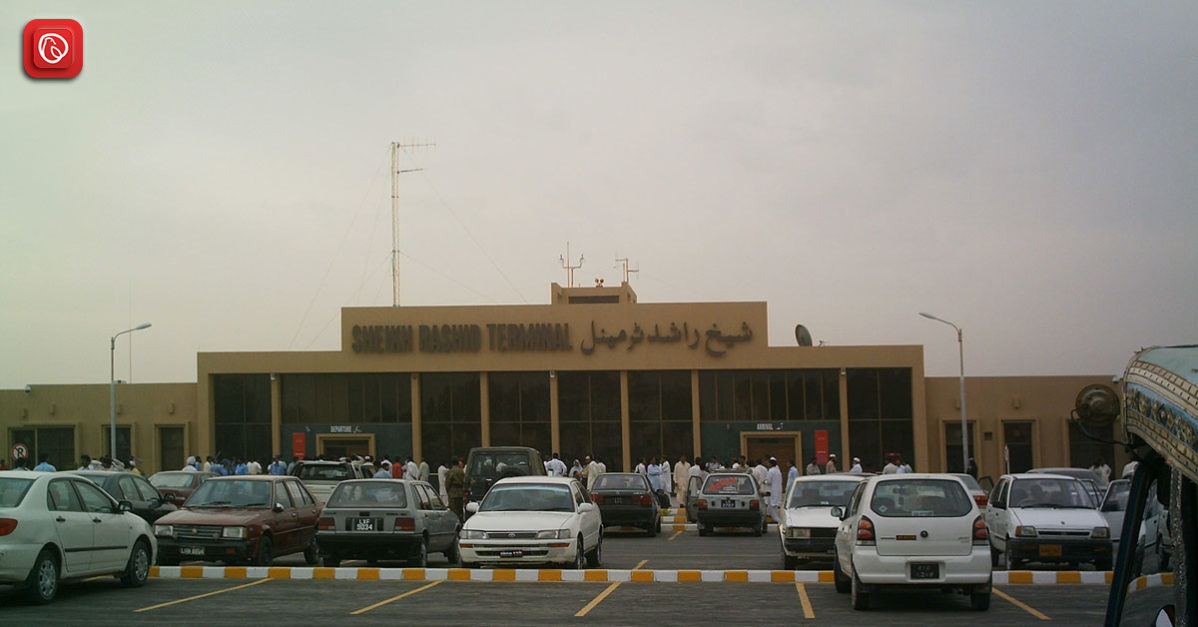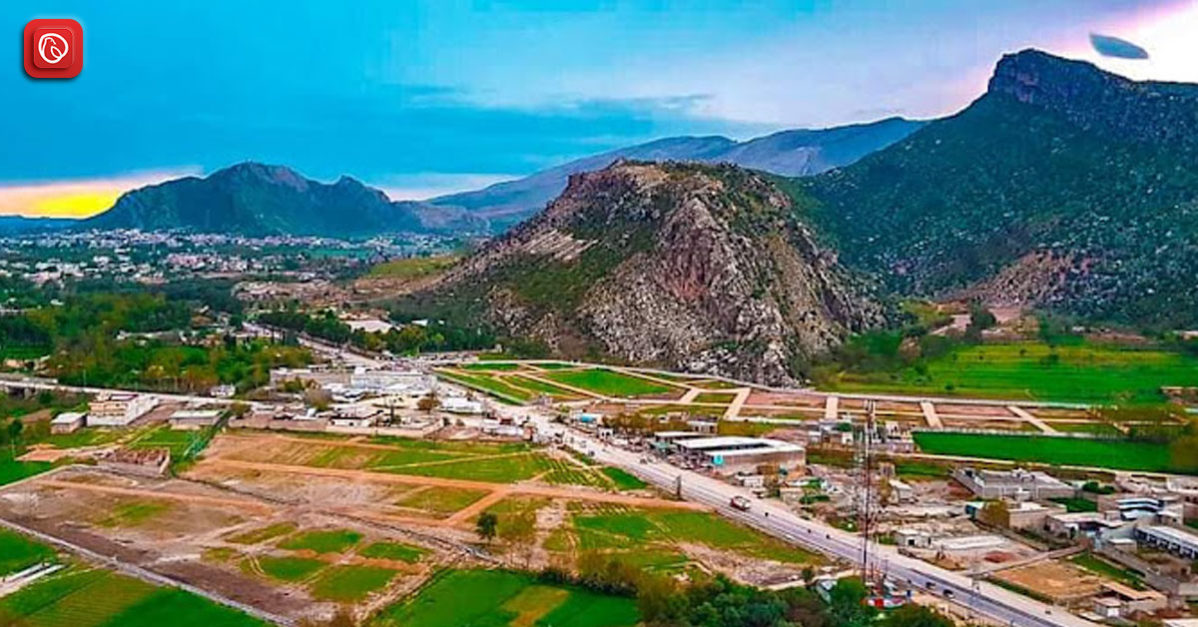If we’ve learned anything from the financial crisis of 2007-2008, it is not to let real estate go out of control. The financial crisis was the worst since the Great Depression causing a loss of $2 trillion in global economic growth while the unemployment rate spiked to 10% in October 2009.
The crisis led the world into a deep recession. While the recovery was stunted, and the damage long-lasting, all the ships were not burnt. So, what exactly saved the economy? Among the plethora of reasons, one was the active intervention of the government and the reforms that followed.
The intervention that saved America’s economy is now much needed in Pakistan’s unregulated real estate sector. According to an article published by the Pakistan-based marketing magazine, Aurora, the Federal Bureau of Revenue (FBR) values the sector at around $700 billion.
The sector not only generates direct income but also has spill-over growth potential in more than 250 ancillary sectors namely the steel, brick and cement industries.
However, in the absence of a regulatory authority, the seeds of mistrust have been sown between all stakeholders. The creation of the Real Estate Regulatory Authority (RERA) under the Islamabad Real Estate (Regulation and Development) Bill, 2020 is a landmark initiative in dealing with this lacuna.
The Real Estate Regulatory Authority’s primary objective is the “regulation and promotion of the real estate sector and to protect the interest of the buyers in the real estate sector”. The body aims to conduct affairs in an“ efficient and transparent manner”.
Moreover, RERA will regulate mega projects to protect the interest of the buyers who have been exposed to long-lasting vulnerabilities. In addition, the authority will pave way for the speedy redressal of grievances by establishing an Appellate tribunal.
A regulatory body for the real estate sector was in the cards since 2013 when the then-acting Finance Minister Ishaq Dar issued directives to the Securities Exchange Commission of Pakistan (SECP) to draft the regulation.
Finally, the Islamabad Real Estate (Regulation and Development) Bill, 2018 was introduced by Senator Mohsin Aziz on April 29th, 2019 and reported by the Standing Committee on Interior.
The National Assembly of Pakistan passed the Islamabad Real Estate (Regulation and Development) Bill, 2020 on October 20th, 2020 which provided for the creation of RERA. It may be called the Islamabad Real Estate (Regulation and Development) Act, 2020 when ratified.
Key Tenets of Real Estate Regulatory Authority (RERA)
The creation of RERA is a welcome move for both buyers as well as real estate developers. The authority only extends to the Islamabad Capital Territory. The key points include:
- Prior registration of real estate project with RERA after receiving all clearances
- Registration of the developer
- Registration of the real estate agents
- Right to revoke the license
- Proper documentation of the contract
- Judicial authority to resolve disputes
- Web-based online system for registration of projects
- Rejection of applications reported in writing with reasons addressed
- Chairman appointed by the government
RERA: A Beacon of Hope
The main objective of RERA is to manage the real estate market, protect the consumers and provide a viable environment for the growth of realtors. If implemented correctly, it will be a harbinger of economic growth.
Pakistan’s real estate has a value of about $300-400 billion and with the addition of the subsidiary sectors, the impact factor can be more than $700 billion. However, much of that lies in the informal economy. The State Bank of Pakistan estimates it to be 70% to 91% of the Gross Domestic Product (GDP).
According to Global Property Guide, “the country’s property market accounts for a huge portion of the unreported gains, mainly due to low regulatory oversight, coupled with very low official property valuations. These characteristics of the property market make it easy for individuals to conceal their wealth and sources of income, as well as minimize their tax liabilities”.
With RERA, the real estate sector will be brought within the ambit of the formal economy, which will have a significant positive impact on the Gross Domestic Product and tax collection.
Moreover, legal disputes dampen the confidence level of the investors, freeze finances and act as a deterrent to potential investors. This results in a volatile market. According to Chairman Imarat Group of Companies and CEO of Graana.com Mr. Shafiq Akbar, there are four main problems in the real estate sector of Pakistan, namely, lack of planning, lack of regulation, lack of access to information and malpractices. The latter can be eliminated if the former is addressed.
Hence, with the aid of a regulatory body, a transparent system will boost the confidence level, attracting foreign investments and projects. He further added that the reforms should be made developer-friendly to boost economic activity while licensing real estate agents will ensure transparency.
With the heightened confidence level of overseas investors, greater money inflow will result in increased economic activity resulting in more jobs and hence substantial revenue for the government. This will not only be limited to the real estate sector but will also have a trickle-down effect in the subsidiary sectors.
Presently, the sector has been taken over by unskilled professionals that operate nefariously for their short-term gains at the expense of the buyers. The scam culture further weakens the trust in the sector. Under RERA, the authorities will have the power to revoke the transgressors’ license.
Thus, RERA can help inject confidence back into the sector. From the realtor’s perspective, the RERA registration tag will act as a marketing tool to attract buyers to finance the projects. The arrangement will be a win-win situation for all parties involved.
In addition, a standardised system in collaboration with judicial redressal systems will help curb the “file on wheels” phenomenon – a euphemism that refers to the culture of bribery that exists in certain departments to get a project approved. It will also help in quickly resolving impediments that are detrimental to a project.
In a nutshell, RERA is billed by experts as a game-changer in the Pakistan real estate market. Although a regulatory body for the capital, the government is treading on the right path with its establishment.
The mammoth potential for growth in the sector can be harnessed with this much-needed regulation which is not only beneficial for the said market but also provides tremendous opportunities for the national economy.





